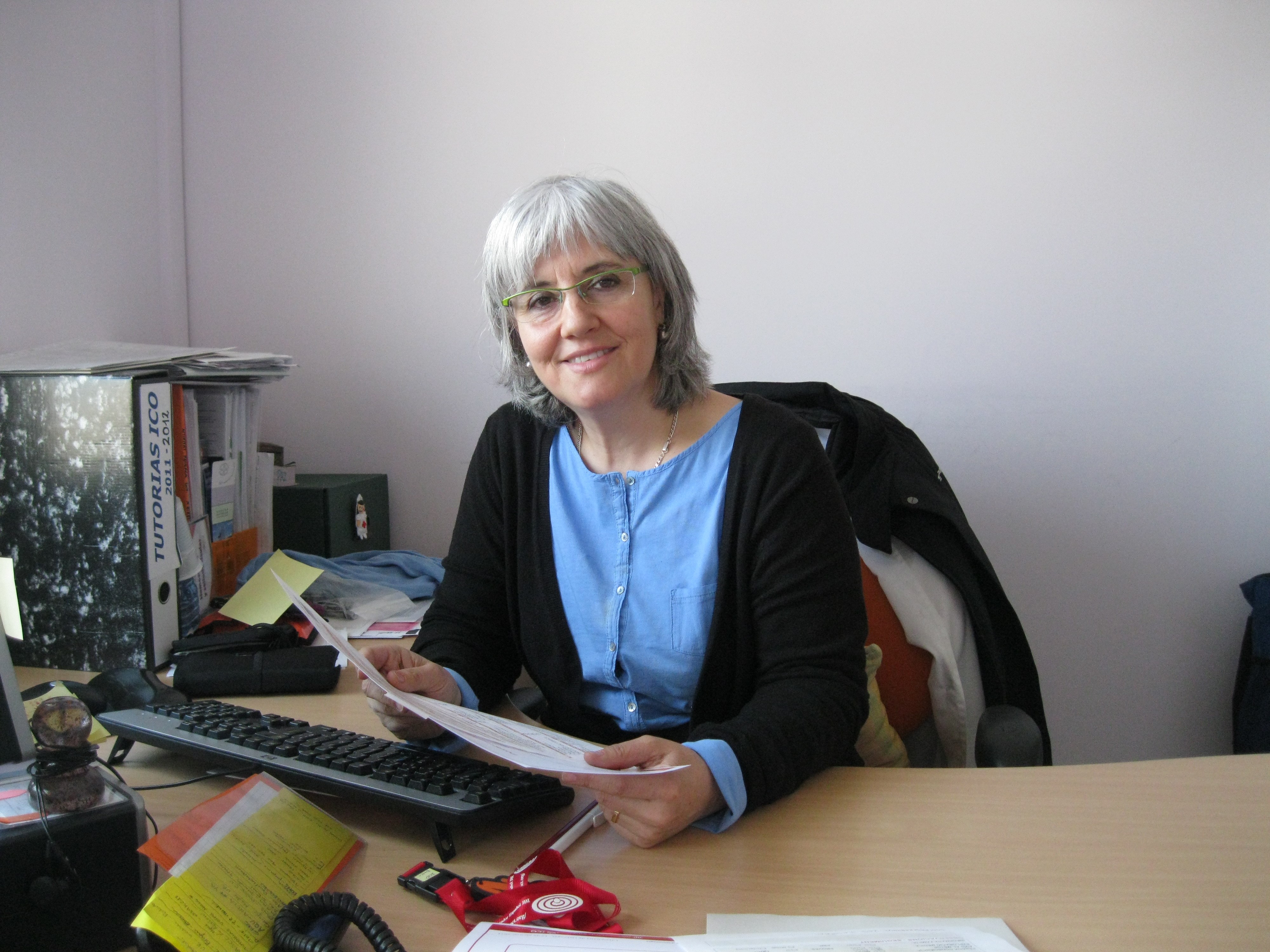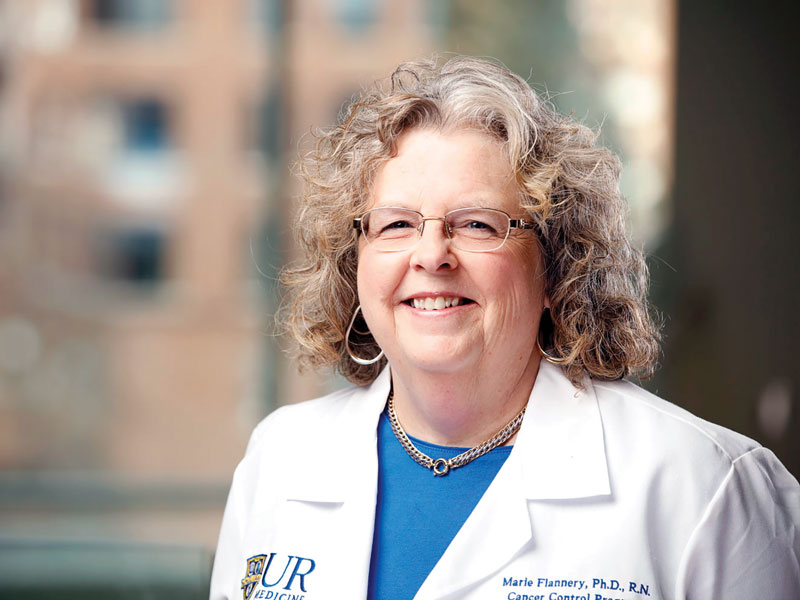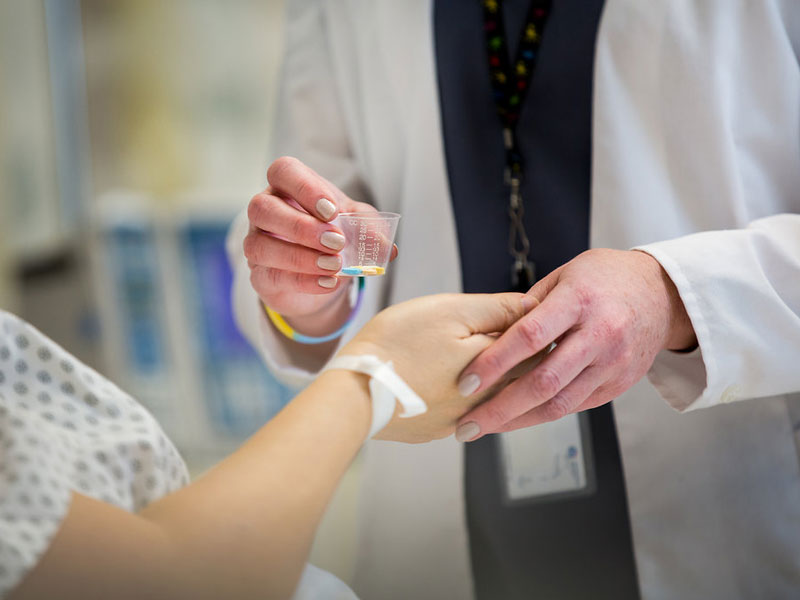Lame Duck Session; Health Care to the States; Nurses in Congress

Washington insiders weren’t surprised by the election’s outcome, and the next session of Congress will be something to watch in 2019. However, the current work of politics in a lame duck session can be interesting at best and potentially dangerous at worst. Members of Congress who lost their seats are now under no obligation to their districts, leadership, or party and often vote their conscience on late-session bills.
ONS Members Share Education, Resources in Peru

“If you know other countries and their people, there will be no wars or hatred.” That was the motto I understood when I was younger and I remember participating in international oncology and nursing conferences, exchanging knowledge, resources, and education with other countries. Cancer connects us all, and that maxim has stuck with me and marked my interest in travelling and meeting new people.
The Integrative Oncology Nurse: New Role for a New Era in Cancer Care

When patients or loved ones receive a cancer diagnosis, they often experience fear, worry, and a desire to do everything possible to increase the chance of survival. It is also a pivotal time for patients to assess their well-being and lifestyle and make positive changes. For many, complementary therapies become part of their cancer care journey. Internationally, 40% of patients with cancer have reported using complementary therapies to address cancer-related symptoms, improve the effectiveness of conventional treatments, and provide hope.
- Read more about The Integrative Oncology Nurse: New Role for a New Era in Cancer Care
- Add new comment
Research Shows That Telephone Triage Is a Vital Part of Patient Experience

The field of telehealth encompasses many efforts in oncology practice and research. When focusing specifically on telephone triage, we examine patient-initiated requests, such as speaking directly with their nurses on the phone, reporting side effects, or seeking answers to questions about plan of care and treatment. This provides oncology nurses with an opportunity for assessment and intervention. Although many current research efforts focus on proactive phone calls nurses make to their patients, it is also important to understand the impact of incoming calls on patient care and workflow.
- Read more about Research Shows That Telephone Triage Is a Vital Part of Patient Experience
- Add new comment
ONS Launches New Website to Better Support Oncology Nursing Needs
As the field of oncology continues to evolve, so too do the needs of oncology nurses throughout the country. To provide a deeper, cleaner, and more efficient user experience for its members, the Oncology Nursing Society (ONS) has launched its newly redesigned website at ONS.org. The new ONS.org experience easily connects oncology nurses with key practice resources, the latest-breaking literature, cutting-edge courses, and innovative ways to improve the quality of cancer care for patients around the world.
Recent NSAID Use May Improve Ovarian Cancer Survival

Researchers have found that use of nonsteroidal anti-inflammatory drugs (NSAIDs) after diagnosis appears to improve survival for patients with epithelial ovarian cancer. The study results were published in Lancet Oncology.
Proposed Medicare Payment Model Based on International Drug Prices Would Lower Patient Costs

On October 25, 2018, U.S. Department of Health and Human Services (HHS) Secretary Alex Azar announced an advanced notice of proposed rulemaking (ANPRM) calling for a demonstration project to more closely align Medicare payment for certain Medicare Part B drugs and biologics with international prices, which an HHS analysis showed to be 1.8 times lower on average than in the United States. The proposal is a follow-up to the president’s prescription drug blueprint and HHS request for information to reduce patient out-of-pocket costs for prescription drugs. HHS estimates a savings of $17.2 billion over five years.
- Read more about Proposed Medicare Payment Model Based on International Drug Prices Would Lower Patient Costs
- Add new comment
Action Plan May Reduce CLABSIs in Hospitalized Patients With Cancer
Despite being preventable, central line-associated bloodstream infections (CLABSIs) result in thousands of deaths each year and cost the U.S. healthcare system billions of dollars. Infection is a common problem in patients with cancer, particularly those receiving chemotherapy and radiation.
Nutritional Support Reduces Weight Loss for Patients With Head and Neck Cancer
As many as 50% of patients with head and neck cancer experience pretreatment weight loss. In addition, treatment frequently involves chemotherapy and radiation, which can also result in weight loss, as well as mucositis and dysphagia, which can affect patients’ ability to eat. This could lead to treatment delays that may impact treatment efficacy.
- Read more about Nutritional Support Reduces Weight Loss for Patients With Head and Neck Cancer
- Add new comment
Oncology Nursing Foundation Refocuses Commitment to All Oncology Nurses
Support for oncology nursing is critical to the advancement of the profession and the future of care for patients with cancer. The Oncology Nursing Foundation—formerly known as the Oncology Nursing Society (ONS) Foundation—is a nonprofit, tax-exempt, charitable organization dedicated solely to supporting oncology nurses both nationally and internationally. Today, the Foundation announced its name change to wholly encapsulate the organization’s longstanding focus and goals. Through continuing education scholarships, research grants, and career development funding, the Oncology Nursing Foundation supports oncology nurses in their pursuits to provide safer and more effective cancer care for their patients.





